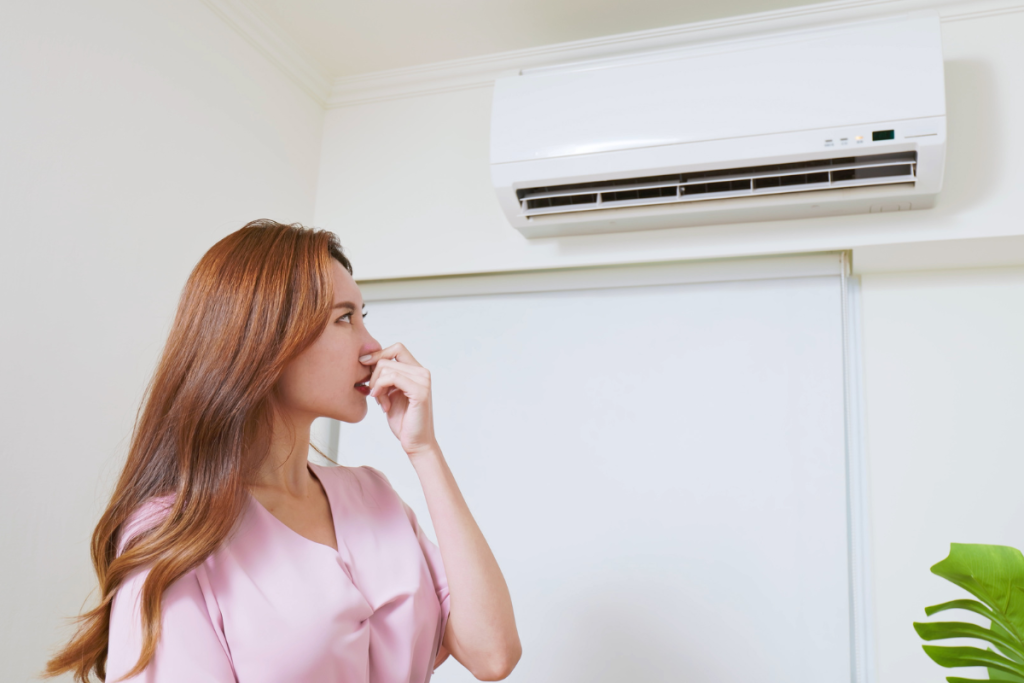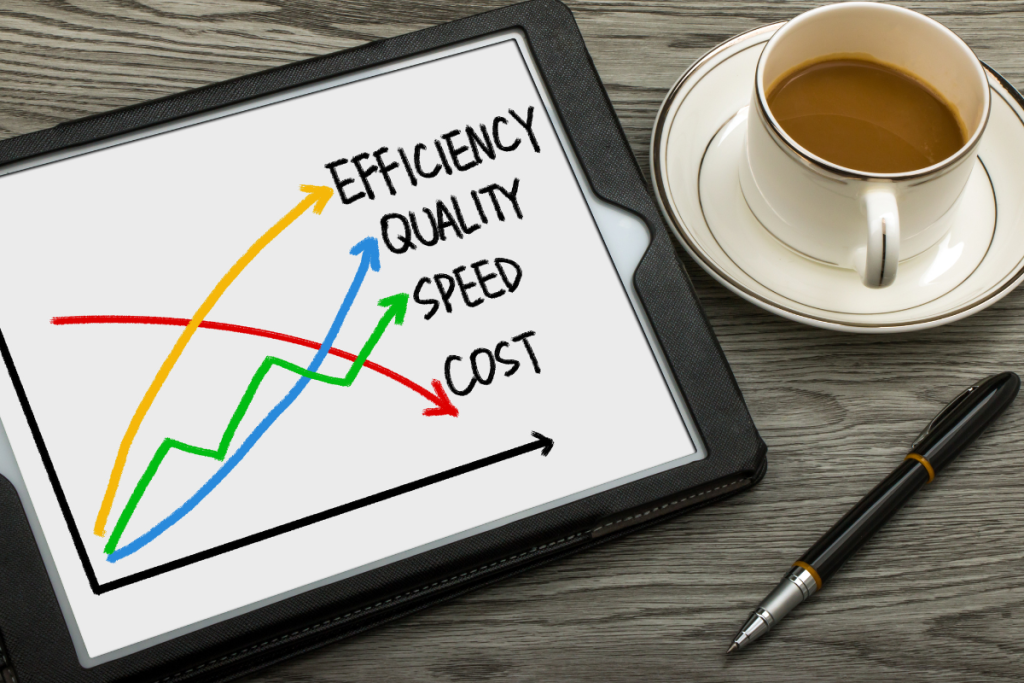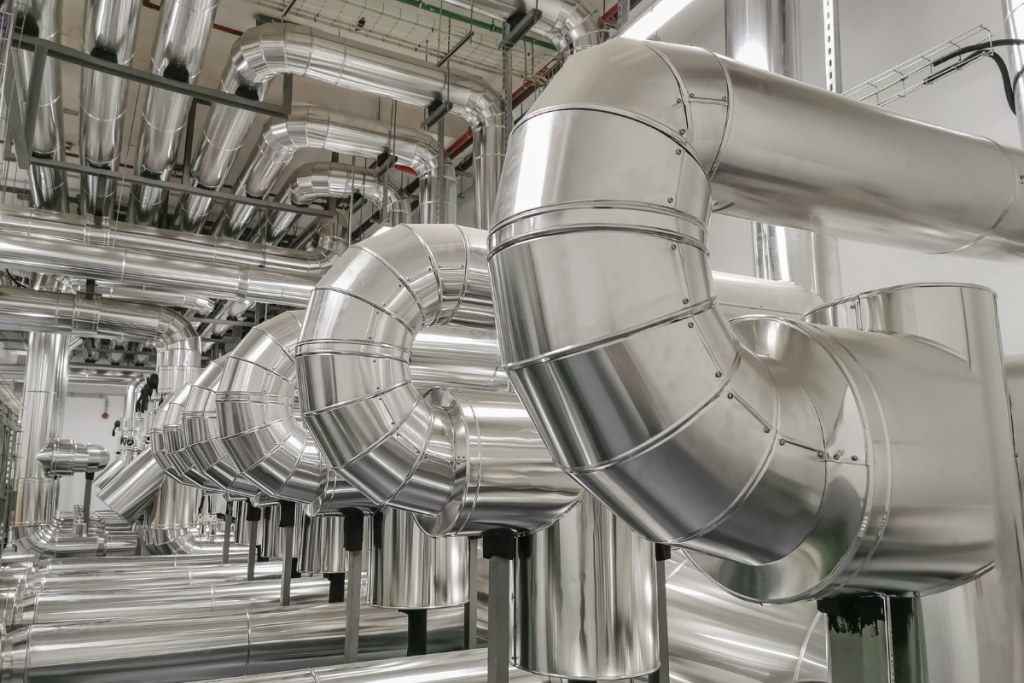It is the commercial property managers responsibility to take steps to keep their buildings’ HVAC systems in efficient shape in order to deliver fresh, clean air throughout their buildings. However, when unpleasant odours are evident, indoor air quality and overall building ambience can be severely diminished.
If the source of the odour is linked to your HVAC system, you need to take immediate steps to identify, troubleshoot, and eliminate the issue quickly before it gets worse.
What Can Cause Odours In Commercial HVAC Systems?
There are a number of different factors and culprits that can potentially cause odours in your HVAC system. From some that are man made to others that can easily be avoided through preventative maintenance, let’s take a look at some of the common issues that could be behind those pungent scents:
Mould And Mildew: Moisture accumulation within the HVAC system can lead to mould and mildew growth, resulting in musty odours. This is extremely prevalent in areas that have high humidity throughout the year, especially in the summer when your HVAC system can become overworked.
Dirty Air Filters And Ducts: The buildup of dust, debris, and microbial growth in filters and ducts can cause foul odours to emanate throughout the building. This can not only result in pungent scents, but can also be bad for the health of the occupants, causing allergies and illnesses due to excess dust.
Biological Contaminants: Bacteria, viruses, and other microorganisms thriving in the damp or dirty components of your HVAC system can have a negative impact on the overall aroma of your building.
Chemical Contaminants: Cleaning agents, paint, or other volatile chemical compounds can infiltrate the HVAC system resulting in a chemical smell that can be off putting to anyone in the area.
Decomposing Organic Matter: In some cases, pests or debris have entered and become trapped in the HVAC system, leading to decomposition and foul smells. It can take longer than you would expect for this to be noticed and the longer it takes, the harder it is to deal with.
The next step to solving the odour is determining its source. For example, is the smell musty, chemical-like, or foul? Are there any leaks or moisture buildup on the ductwork, filters, coils, and other HVAC components that can lead to mould? Is there evidence of pests or debris in your HVAC unit?
With consistent HVAC maintenance you will be able to constantly monitor your system for any lapses that could have caused the foul scents. If you aren’t keeping track of your system however, it can be difficult to pinpoint when the odour started and it’s cause.
Read More: Why Choose Springbank?
How To Eliminate Commercial HVAC Odours
Once you have identified the source of the smell, here are some ways to help stop it from reducing your indoor air quality:
Improve Ventilation
Ventilation is what allows your HVAC system to work. Without ventilation, your air quality is reduced as it pushes around stale air. The first step to improving air quality is by enhancing ventilation to increase the intake of fresh outdoor air, which dilutes indoor pollutants and odours. Energy recovery ventilators (ERVs) can help improve the amount of incoming fresh air while decreasing your energy costs.
Control Moisture Levels
Identify and eliminate sources of excess moisture, such as leaks or inadequate drainage. Installing dehumidification systems or ERVs can help maintain optimal humidity levels, inhibiting mould and mildew growth.
Read More: What Is The Difference Between An HRV Unit And An ERV Unit?
Remove Debris From The System
Lingering, decaying debris in and around your HVAC components can cause odours and damage your equipment. This needs to be a top priority once it is found as it can be damaging to the system as well as reduces the overall air quality of your building.
Call Your HVAC Service Provider
The most effective choice to eliminate odours in your HVAC system is to call your HVAC service provider. They will be able to carry out a complete inspection of your system to identify and solve the source of the odour, bringing clean, fresh air back to your tenants. Look for a provider that allows for a consistent HVAC maintenance program. This will keep your HVAC system in optimal efficiency all season long and reduce overall costs in the long run.
Read More: 12 Steps To Optimize Your Commercial HVAC System For Spring
How Springbank’s Preventative Maintenance Program Can Help
Our preventative maintenance programs are your best proactive defence against foul odours in your HVAC system. They can help you to extend the life of your equipment, improve air quality and reduce your energy bills.
Here’s what our program includes to help you keep your HVAC system running smoothly all year round:
- Full annual inspection of hot water or steam boilers, including all relief and make-up water valves
- Regular cleaning of cooling towers or closed-circuit coolers to prevent mineral buildup and increase system efficiency
- Regular cleaning of steam humidifiers to remove mineral deposits
- Replacement of steam-generating cylinders
- Regular cleaning of coils and ducts to remove accumulated dirt, mould, and microbial growth
- Complete scheduled inspection of water-cooled heat pumps, with replacement if necessary
- Filter replacement at necessary intervals
- Ensure proper drainage and clean condensate lines to prevent water accumulation, which fosters mould growth
- Make recommendations for upgrading outdated HVAC equipment or components to tech-based, energy-efficient systems that will also help mitigate the risk of odour problems
Springbank HVAC technicians in Toronto specialize in maintaining, repairing, or replacing all brands and types of HVAC equipment, including rooftop units, water-cooled heat pumps, cooling towers, hot water boilers, circulating pumps, steam humidifiers, make-up air units, and much more.
We customize each program based on the customer’s need to keep their system running reliably, extend the life of their equipment, minimize system downtime due to HVAC equipment issues, and save them thousands in energy bills. It’s the best way to ensure that your tenants receive the purest air possible and eliminate foul smells before they have a chance to start.
We’re always happy to discuss how Springbank can help meet your commercial HVAC needs. Contact our team anytime!
Gregg Little, Paul DeThomasis, and Hugo Lopes are co-owners of Springbank Mechanical Systems. You can reach them at 905-569-8990 or via email at gregg@springbank.com, paul@springbank.com, or hugo@springbank.com.






